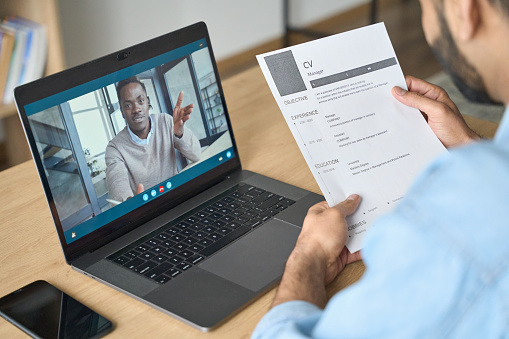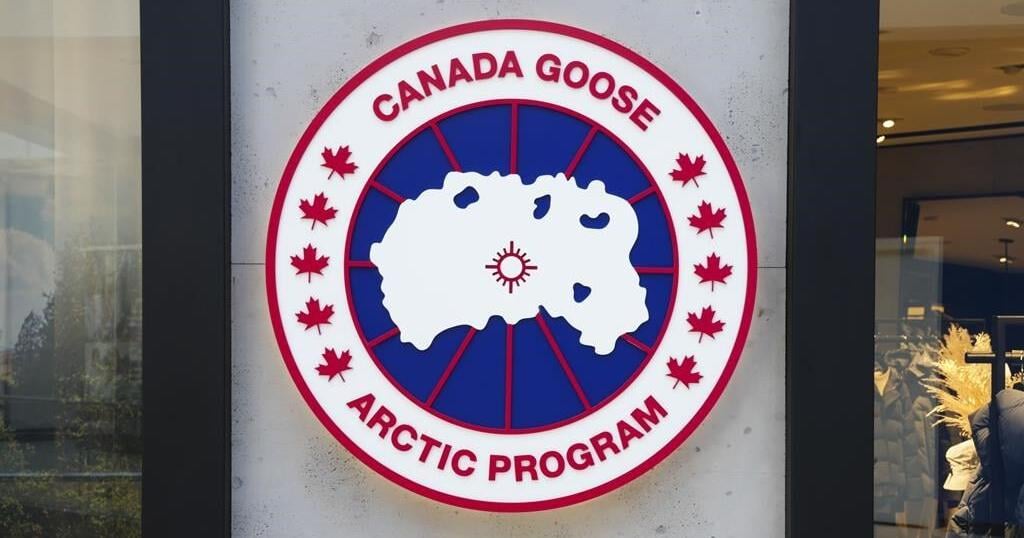This column is the first of a 2-part series on asking the interviewer questions that’ll impress them, thus setting you apart from your competition.
Job hunting is a sales process.
Critical to the sale process is asking questions. Sales professionals understand the importance of asking questions that uncover and clarify the prospect’s needs and wants (aka clarifying questions, discovery questions).
Salespeople who ask open-ended questions about their prospects’ obstacles, processes, and goals demonstrate a genuine concern for their prospect’s needs and wants. (READ: Solving their problem.) Hence, based on the prospect’s answers, the salesperson can determine whether the product or service they’re offering may be a good fit to address the prospect’s needs and wants.
When it comes to sales, the outcome is only influenced once the customer believes the salesperson is listening and cares about them. When interviewing, the same applies.
Here’s the scene: You’re sitting in front of your interviewer. You probably had to go through a few hoops, such as a telephone screening, a Myers-Briggs Assessment, and skill testing, to be granted this interview. Nevertheless, you’ve been vetted and given the green light to take up the interviewer’s time. During the 45-minute interview, you answer the interviewer’s questions concisely, crafting your answers, so they perfectly showcase your skills and experience. You’re more charismatic than David Lee Roth on a late-night talk show. You’ve positioned yourself just short of being the second coming for the company’s revenue issues.
You think, How can Arlene not see I’m perfect for this job? There’s no possible way she’ll find a better candidate than me.
You’re in the interview zone, a sweet place to be.
Then your interviewer inevitably asks, “Do you have any questions for me?” This is where most job candidates die a death by a thousand cuts.
From my experience, most interviewees fail to impress their interviewer because they don’t ask dynamic and thoughtful questions throughout the interview.
TIP: Ask questions throughout the interview. Rather than the interview being a Q&A, as most people envision an interview to be, you’ll have a conversation with your interviewer and influence the direction of the interview.
Asking questions is how you gain a more comprehensive understanding of the position you’re interviewing for, your potential boss’s management style, expectations, and the company’s culture. You want your questions to prompt a deep-dive discussion about your background, leaving no doubt in the interviewer’s mind that you are the right candidate while you gauge if the job, company, and your potential future boss are a fit for you.
Don’t make the mistake I’ve seen countless times of asking questions that can easily be found on the company’s website, LinkedIn company page, Internet, etc. (e.g., Do you have offices in Europe? What’s your market share? Who are your competitors? When was the company founded?) Questions like these reveal that you didn’t prepare for the interview, and you’re just winging it.
During the interview, you must demonstrate that you’ll contribute significantly to the organization, can hit the ground running, and are highly motivated to play an active role immediately. Therefore, during your next interview, don’t ask cliché questions like:
- When do you need someone in the position?
- Is there a social committee?
- What would my hours be?
- Do you have casual Fridays?
Instead, ask questions that show you’re serious about joining the company and ensuring the job is a right fit. Candidates who ask me questions to assess if the job, team, leadership style, and company culture are a good match for them create a positive impression on me.
How will you manage me?
I value syncing with my boss, which is why this is my favorite question. Having some insight into my potential manager’s management style enables me to decide whether to accept a job if it is offered.
If you like what you hear, thank your interviewer for their candidness. Then, reinforce how well you would work under their management style by saying, “The Director I reported to at Lacuna, Inc. had an open-door policy like yours. Although I was careful not to abuse his time, I felt comfortable approaching him with any challenges I was facing. Often these spontaneous conversations turned into problem-solving sessions, which I learned from. Therefore, when the same challenge presented itself again, I was able to handle it independently.”
You’re probably thinking, What if I don’t like what I hear? I’ve had that experience more than once. Since I got an honest answer to my question, I reply honestly, if for no other reason than for my self-respect and not wanting to enter into an employment situation that wouldn’t work for me. “Thank you for your candid answer. Knowing myself as I do, I don’t see your management style and how I work being a fit.” I then get up, thank my interviewer for their time and leave. It’s better to cut ties now rather than later under “unpleasant” circumstances.
Stay tuned for the second part of this column with more, lots more, questions you can and should ask to impress your interviewer.
______________________________________________________________
Nick Kossovan, a well-seasoned veteran of the corporate landscape, offers advice on searching for a job. You can send Nick your questions at artoffindingwork@gmail.com.
Related






























